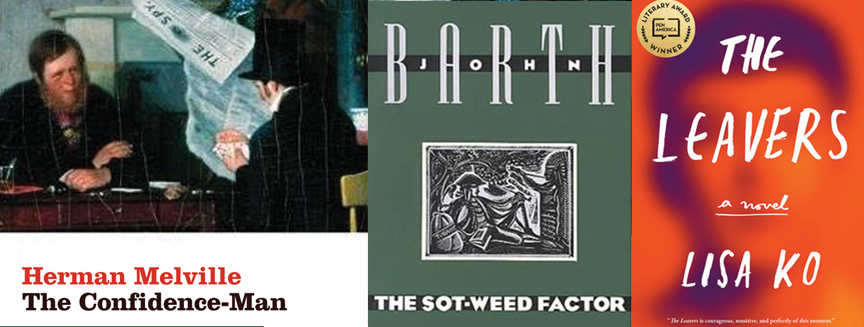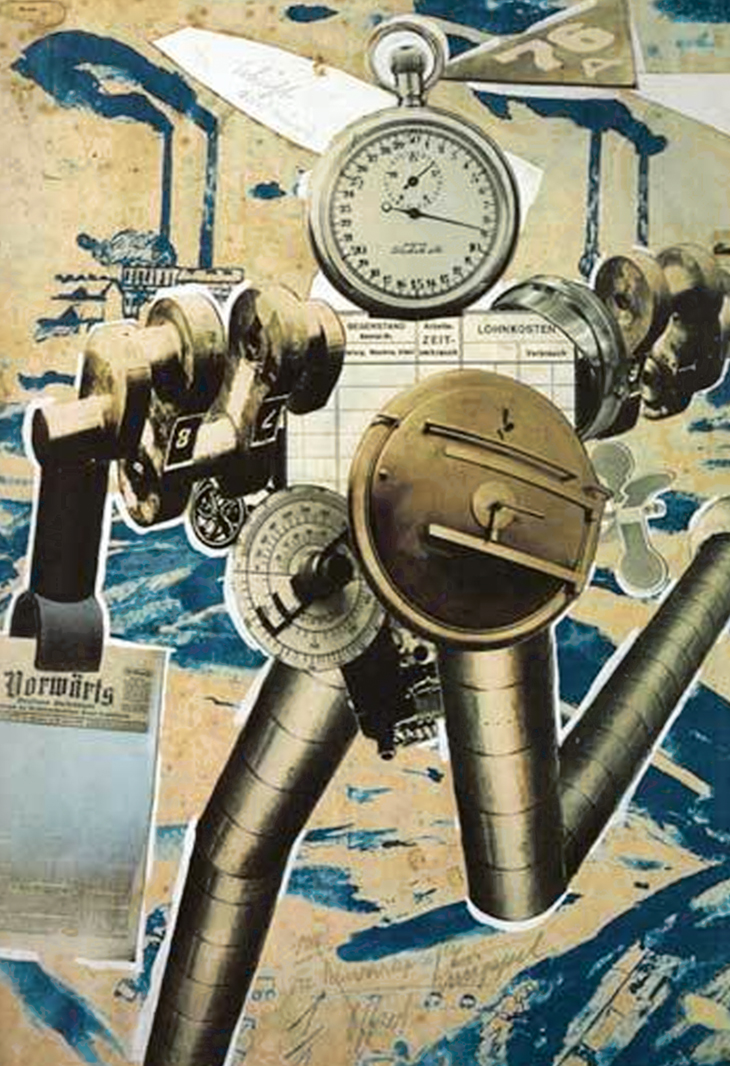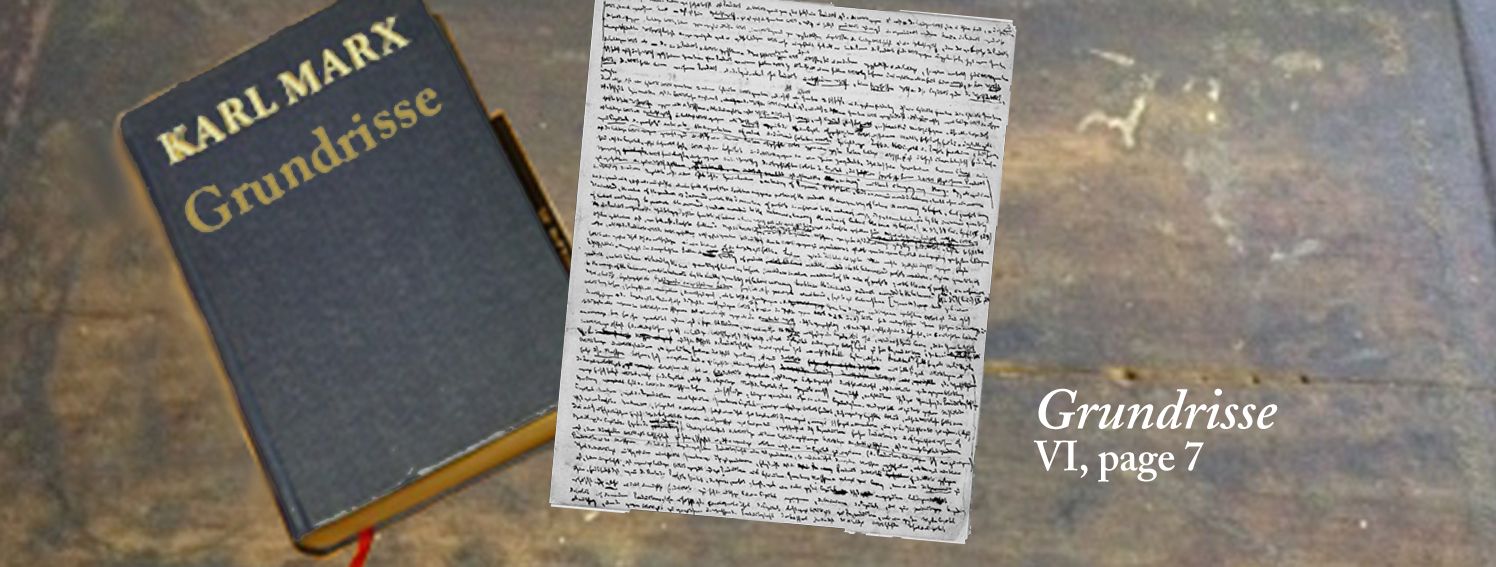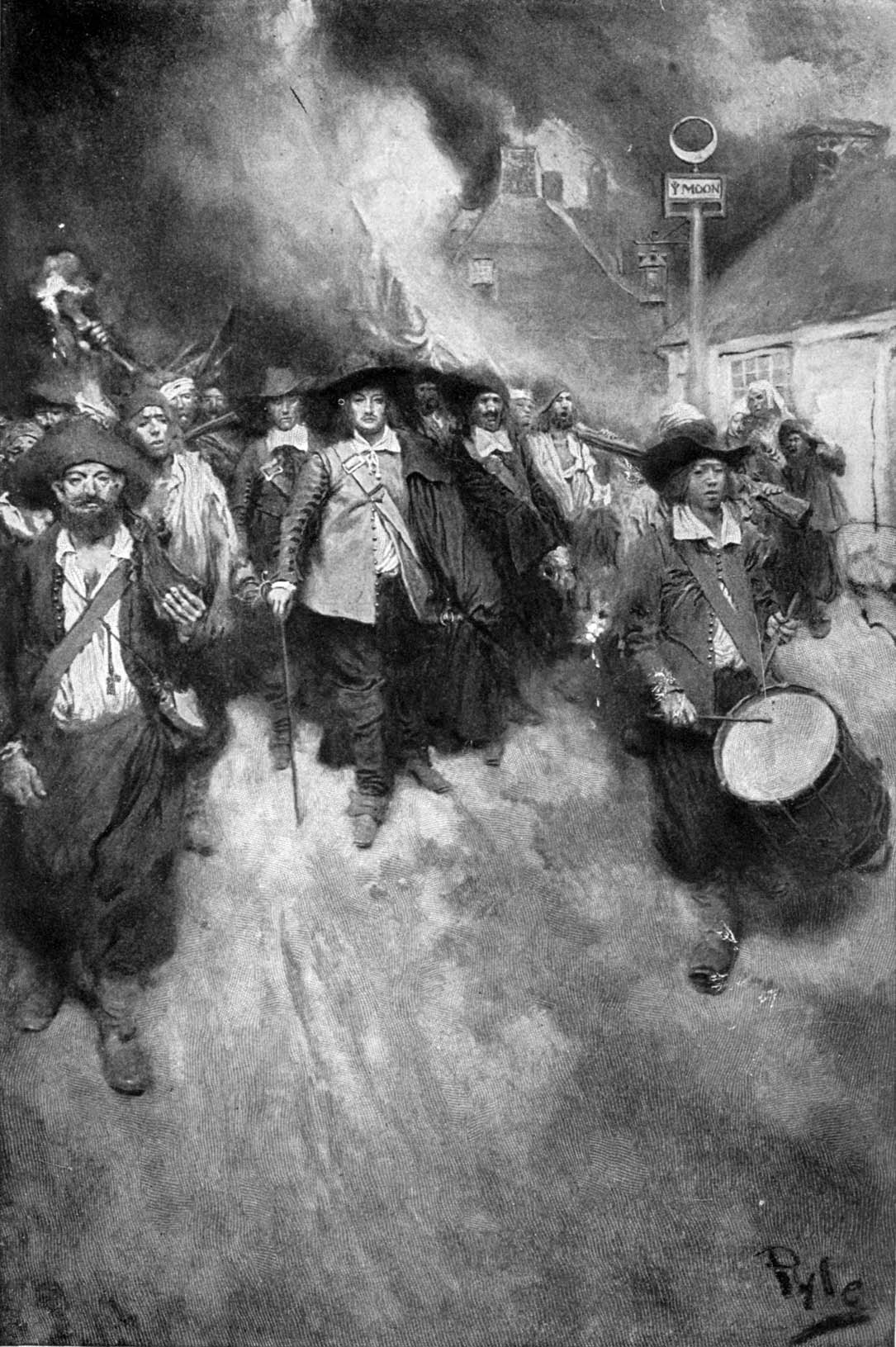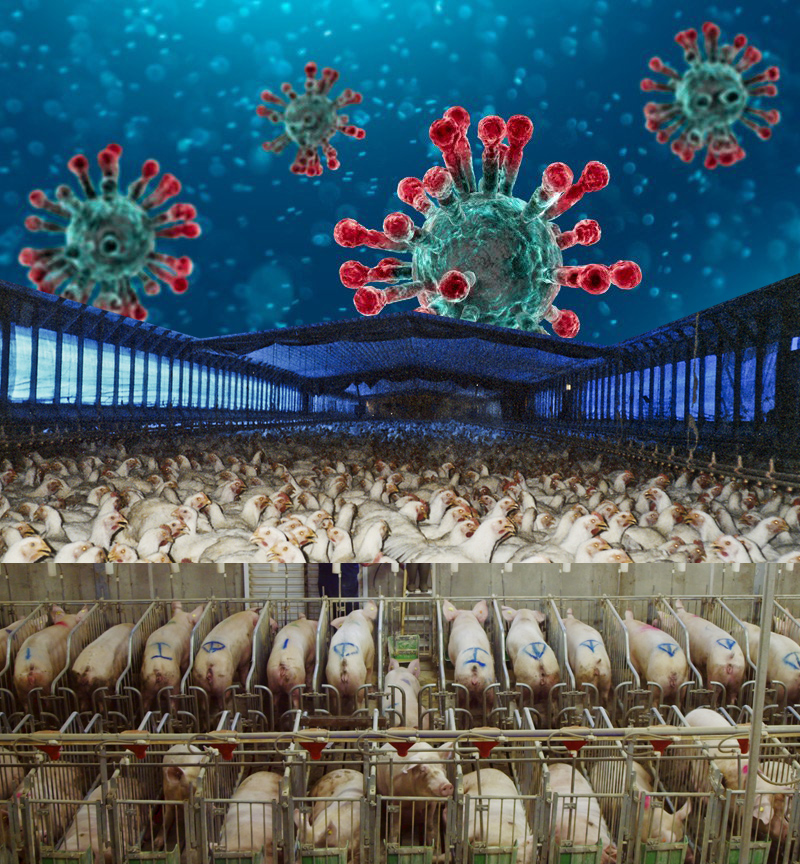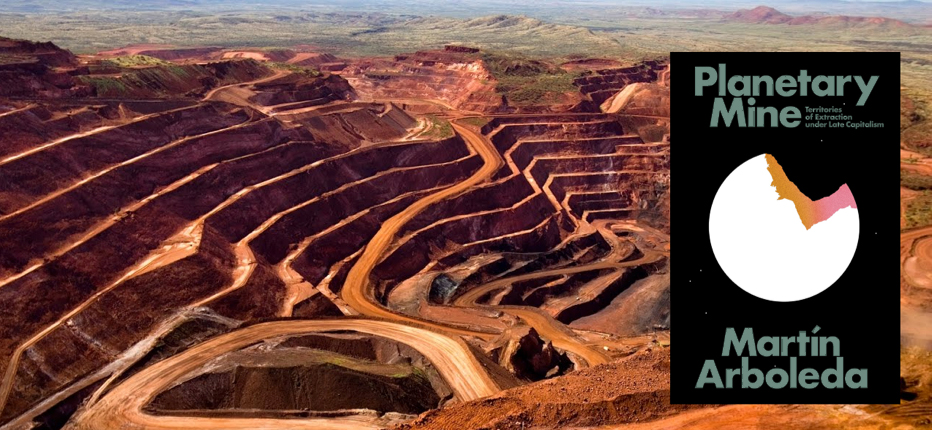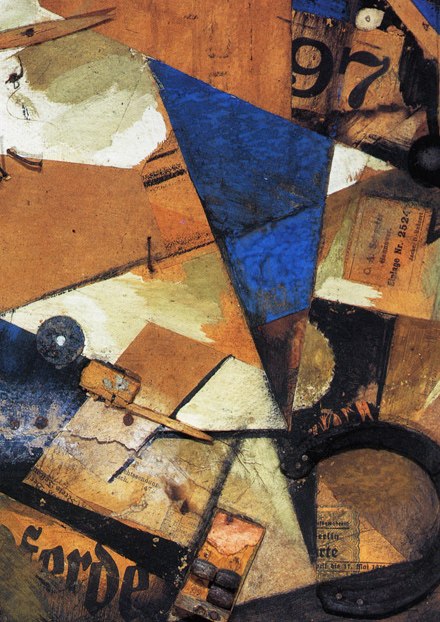American Writing: Changing Locations
Season 1: Changing Places in America
Herman Melville, The Confidence-Man (1857). John Barth, The Sot-Weed Factor (1960) Lisa Ko, The Leavers (2017)
In his 1970 essay “Philosophy and the Form of Fiction,” William Gass brought the term “metafiction” forward to the reading public as a way to characterize the work writers such as Borges, Barth, Flann O’Brien, as well as the type of novels Gass himself would write. He described metafiction as writing “in which the forms of fiction serve as the material upon which further forms can be imposed”. Does metafiction provide escape for the committed writer from the bourgeois strictures that the novel form imposes? As critical readers we need to check out all the angles. The metafiction form will over time become incorporated as yet another aspect of modern fiction as ultimately there is no way to over-ride what happens when ink is committed to paper, impulses to the interactive screen.
American fiction writers have lots to write about. We are introducing a four term look at writing by American authors who have novels appropriate to four themes important to critical thinkers of the broad American questions on nation, class, race and gender. Much of this fiction becomes part of what our unfolding reality is as a nation, group of nations, as aspiring internationalists. Many of the fictional works we will read are not as formally postmodern or would formally fall in the metafiction category as delineated by Barth.
Capital, Volume 3
The People's Forum 320 West 37th Street, New York, NY, United StatesVolume III integrates and completes the analysis of the process of capitalist production as a whole, enabling us to understand and make sense of how each of the appearances and processes we see occurring on the surface of society are related to the whole. When we do so all the laws of motion previously revealed in the first two volumes take on new dimensions. Internal dynamics and contradictions burst out and situate humanity withina historical process that calls us to figure out how to go beyond capital and develop the conditions that insure that the development of each is the precondition for the development of all.
Unearthing The Grundrisse (continuation)
After the defeat of the 1848-50 revolutions in Europe, Marx acknowledged that he failed to provide an adequate analysis of the economic foundation of society and turned from a focus on organizing to an intense, life-long study of political economy. Catalyzed by the first global economic crisis in 1857 and after 10 years of concentrated study, he started the first of seven notebooks to self-clarify his work up to that point. Not published or available outside the USSR until 1953, Martin Nicolaus provided the first—and only —English translation of all seven notebooks in 1973 as the Grundrisse: Foundations of the Critique of Political Economy.
Invention of the White Race
The People's Forum 320 West 37th Street, New York, NY, United StatesThe Invention of the White Race Volumes I & II, Theodore W. Allen's historical materialist analysis of racial slavery, documents how the plantation elite put in place this system of social control following Bacon's Rebellion of 1676. In the final stage of this uprising, an army of European and African chattel bond laborers burned Jamestown to the ground and temporarily drove Governor Berkeley into exile across the Chesapeake Bay.The terrified planter bourgeoisie, in a deliberate response to this display of labor solidarity, enacted a series of laws and practices in the late 17th and early 18th centuries which implanted a system of 'white' racial privileges that enabled the imposition of racial slavery and white male supremacy.
Covid-19 Capitalism: Big Farms Make Big Flu
Online: Zoom link will be provided to registered participantsRob Wallace’s book is an indispensable handbook to the inevitable pandemics stemming from agribusiness. Monthly Review is making it available at a big discount until April 17. We at the MEP are hosting an online reading and discussion group to share the comprehensive research and writing that is contained in Wallace’s book. We will cover all seven sections, plus the two-part update being published in Monthly Review’s next two issues.
Capitalism and Robbery: The Planetary Mine
We will consider how capitalism is rooted in robbery—of the earth, of the water, air, and soil of communities, of the livelihoods of working people. Such theft is becoming more massive in scale and more technologically sophisticated, but is also evoking new forms of popular resistance.
American Writing: Changing Locations
Season 1: Changing Places in America
Herman Melville, The Confidence-Man (1857). John Barth, The Sot-Weed Factor (1960) Lisa Ko, The Leavers (2017)
In his 1970 essay “Philosophy and the Form of Fiction,” William Gass brought the term “metafiction” forward to the reading public as a way to characterize the work writers such as Borges, Barth, Flann O’Brien, as well as the type of novels Gass himself would write. He described metafiction as writing “in which the forms of fiction serve as the material upon which further forms can be imposed”. Does metafiction provide escape for the committed writer from the bourgeois strictures that the novel form imposes? As critical readers we need to check out all the angles. The metafiction form will over time become incorporated as yet another aspect of modern fiction as ultimately there is no way to over-ride what happens when ink is committed to paper, impulses to the interactive screen.
American fiction writers have lots to write about. We are introducing a four term look at writing by American authors who have novels appropriate to four themes important to critical thinkers of the broad American questions on nation, class, race and gender. Much of this fiction becomes part of what our unfolding reality is as a nation, group of nations, as aspiring internationalists. Many of the fictional works we will read are not as formally postmodern or would formally fall in the metafiction category as delineated by Barth.
Capital, Volume 3, 2nd Sessions
Online: Zoom link will be provided to registered participantsThe study of Volume III is essential to understanding the complex dynamics at work in the present realities we are facing and how these realities are the necessary results of the inner logic of capital. In this moribund stage of late capitalist/imperialist development we see the rise of rentier and finance capital—the introduction of financial instruments being used to make money make more money, jumping over and above the actual real wealth produced by trading on future wealth (derivatives and other forms of fictitious capital); overriding supply and demand as a price mechanism in such necessities as foodstuffs so that their prices continuously rise resulting in more poverty and starvation on a world scale and here in the US; turning new technologies into means of collecting rents—the internet, mobile devices; expropriation of taxes paid by the working class to developers who are often tax exempt while our city and state governments give them tracts of our physical space; commodification of debt; privatization of public spaces, properties and institutions; foreclosures; and the list goes on.
Unearthing The Grundrisse (continuation)
After the defeat of the 1848-50 revolutions in Europe, Marx acknowledged that he failed to provide an adequate analysis of the economic foundation of society and turned from a focus on organizing to an intense, life-long study of political economy. Catalyzed by the first global economic crisis in 1857 and after 10 years of concentrated study, he started the first of seven notebooks to self-clarify his work up to that point. Not published or available outside the USSR until 1953, Martin Nicolaus provided the first—and only —English translation of all seven notebooks in 1973 as the Grundrisse: Foundations of the Critique of Political Economy.
Covid-19 Capitalism: Big Farms Make Big Flu
Online: Zoom link will be provided to registered participantsRob Wallace’s book is an indispensable handbook to the inevitable pandemics stemming from agribusiness. Monthly Review is making it available at a big discount until April 17. We at the MEP are hosting an online reading and discussion group to share the comprehensive research and writing that is contained in Wallace’s book. We will cover all seven sections, plus the two-part update being published in Monthly Review’s next two issues.
Capitalism and Robbery: The Planetary Mine
We will consider how capitalism is rooted in robbery—of the earth, of the water, air, and soil of communities, of the livelihoods of working people. Such theft is becoming more massive in scale and more technologically sophisticated, but is also evoking new forms of popular resistance.
Capital, Volume 3, 2nd Sessions
Online: Zoom link will be provided to registered participantsThe study of Volume III is essential to understanding the complex dynamics at work in the present realities we are facing and how these realities are the necessary results of the inner logic of capital. In this moribund stage of late capitalist/imperialist development we see the rise of rentier and finance capital—the introduction of financial instruments being used to make money make more money, jumping over and above the actual real wealth produced by trading on future wealth (derivatives and other forms of fictitious capital); overriding supply and demand as a price mechanism in such necessities as foodstuffs so that their prices continuously rise resulting in more poverty and starvation on a world scale and here in the US; turning new technologies into means of collecting rents—the internet, mobile devices; expropriation of taxes paid by the working class to developers who are often tax exempt while our city and state governments give them tracts of our physical space; commodification of debt; privatization of public spaces, properties and institutions; foreclosures; and the list goes on.
Covid-19 Capitalism: Big Farms Make Big Flu
Online: Zoom link will be provided to registered participantsRob Wallace’s book is an indispensable handbook to the inevitable pandemics stemming from agribusiness. Monthly Review is making it available at a big discount until April 17. We at the MEP are hosting an online reading and discussion group to share the comprehensive research and writing that is contained in Wallace’s book. We will cover all seven sections, plus the two-part update being published in Monthly Review’s next two issues.
Capitalism and Robbery: The Planetary Mine
We will consider how capitalism is rooted in robbery—of the earth, of the water, air, and soil of communities, of the livelihoods of working people. Such theft is becoming more massive in scale and more technologically sophisticated, but is also evoking new forms of popular resistance.
6 Plays of Bertolt Brecht
Online: Zoom link will be provided to registered participantsBeginning April 23 we will read aloud six of the many plays Bertolt Brecht wrote between the 1920s and his death in 1956. The six plays are The Threepenny Opera, The Mother, The Exception and The Rule, Mother Courage and Her Children, The Good Person of Szechuan and The Resistable Rise of Arturo Ui. There will be time to read aloud—taking on various characters among ourselves. There will also be substantive discussion of these works which span all the decades of his writing. The Epic theater, musical theater along with the learning plays are represented in this selection of plays. Each session will be conducted via Zoom until we have an all-clear to return to the classroom. With your registration, the zoom password will be sent to you.

